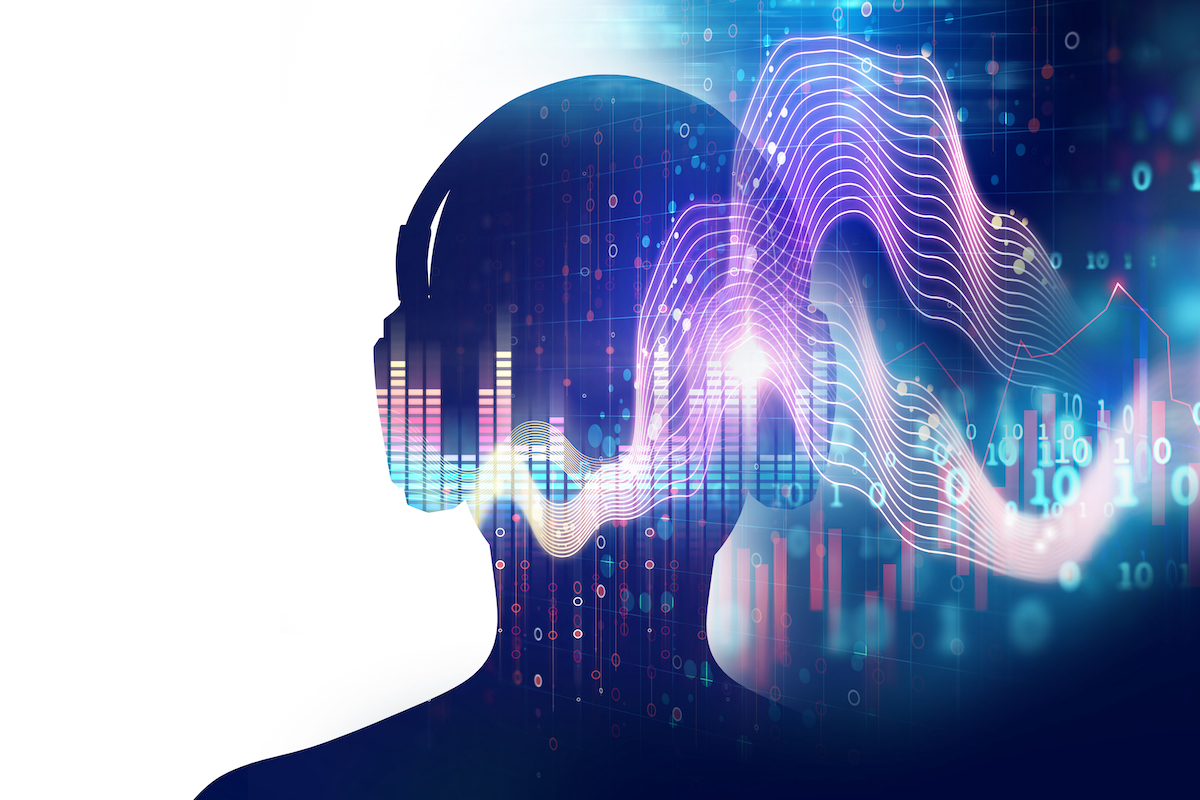Laurie Waters, who lives with dementia, had lost the ability to write easily. She could not even compose short text messages—until a friend installed an AI program on her laptop.
“It has changed my life,” she reports. Now she can write thoughts as they occur and run them through the chatbot, which organizes her ideas into coherent sentences and paragraphs. “It’s made me feel somewhat whole again,” she continues. “It writes like I used to be able to before Alzheimer’s. I am no longer ashamed to send emails and texts, and I don’t have to wait for assistance.”
What an inspiring use of AI technology!
Laurie’s experience prompts the bigger question: How can we leverage AI to improve quality of life more widely and effectively for all who live with dementia?
Let’s start with promoting the joyful, life-enhancing benefits of favorite music.
What opportunities are possible if we combine the power of AI and the benefits of music?
Here’s a really simple, but robust application: ask AI to create a playlist based on any parameters you want (say, list the Top 10 Billboard Chart songs from the years when you were a young teen). Then build the list with follow-up questions, such as “add more Motown artists,” or “grow this list to 250 songs”.
AI can help with research, too. For example, you might ask how best to gain better access to favorite music wherever your loved one lives, whether home, hospital, or long-term care community: e.g. “How can I help my mother who is isolated at home to find and enjoy her favorite music?”
The answer might not be perfect, but my guess is that it will be pretty good. Continue to refine your query to get the answers you need.
Your thoughts? I’m sure there are many great ideas just waiting to be tried and developed through dialogue. Please comment here or write me directly at dcohen@righttomusic.com.


2 Comments
Adam Munoz
Thank you Dan Cohen for continuing this conversation. Great article! I created a #youtube account just for this reason. (Each new “account” will suggest similar songs after input) I can save playlists depending on what kind of mood I’m in. Reminding me of various people, events & time periods of my life & favorite genres.
Idea:
“Alive Inside: A Story of Music and Memory”
After a memorable song is heard, once that connection has been established, I bet multiple “playlists” can be created (if specifically unknown) such as:
-what songs remind you of your childhood?
-what are your favorite songs (more specifically why)?
-what song remind you of your love?
-what songs remind you of the various decades of your life?
Of course an #AI chatbot (made earlier than later /or during the music “reconnection”) that helps divide your later years into what you might want to do / or should be doing. Ai making suggestions / calanders / adjustments based on current health , etc. Maybe helping to remind you to take medication, shower, eat (people are creating healthy food recommendations & recipes based on health, etc) Reminding you (similar to an outlook / computer / phone calander) for various appointments, holidays, birthdays, etc.
Justine Schneider
Like you Dan I am very excited at the prospect of this game-changing technology. I want to be able to ‘read’ my life story (photo albums, written works, diaries) into a large language model so that later, when my memory fails, I can use it as a substitute: “Where did I holiday in 1995?”. But privacy is a major concern. Even neutral AI can fool people because it is so humanlike. How many of us have become angry while dealing with a chatbot for a bank or insurer, as if our emotions could be communicated to that entity? Malicious AI is dangerous and safeguards are needed, not least for people whose cognition is not performing optimally.